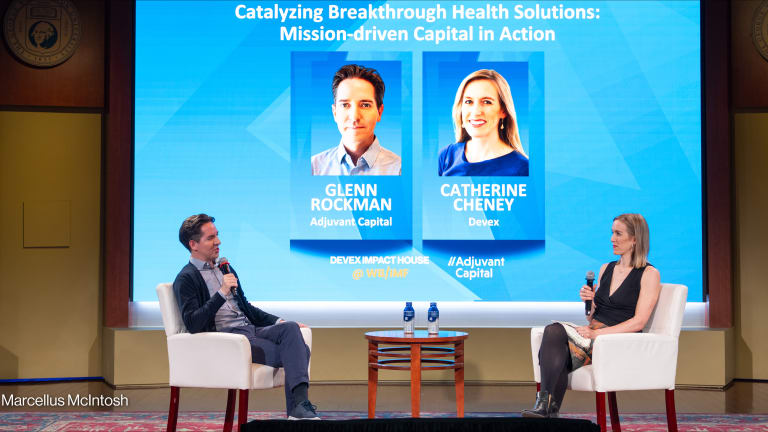Health systems worldwide face a common adversary: chronic underfunding. To address this, it is essential to recognize health care as a service industry for investment, leveraging tools like telemedicine and innovation.
While stakeholders have long recognized the issue of underfunding, the root causes extend beyond financial constraints, encompassing technical limitations, infrastructure deficits, and inadequate resource allocation, all of which inversely stem from the fundamental issue of funding.
To address this, we must accept that we all need a strong health care system. Traditionally, health care financing has been viewed through an altruistic lens, focusing solely on the sick and vulnerable. However, this perspective overlooks the broader socioeconomic impact it has on everyone and possible alignments with profit-driven sectors like financial markets.








